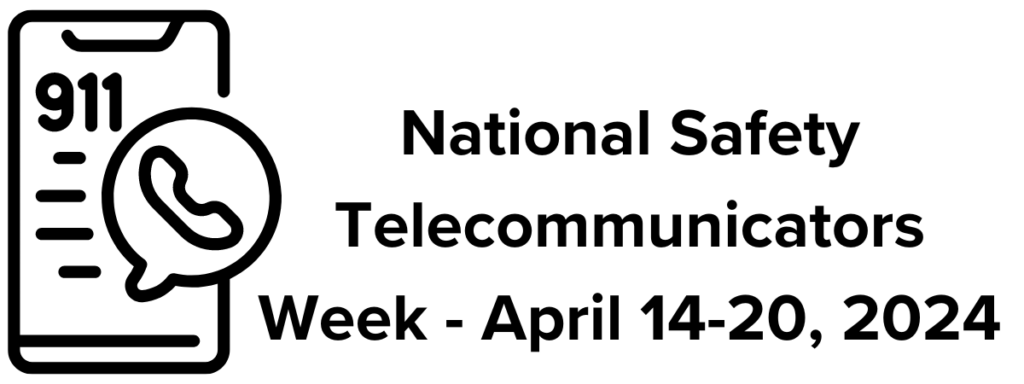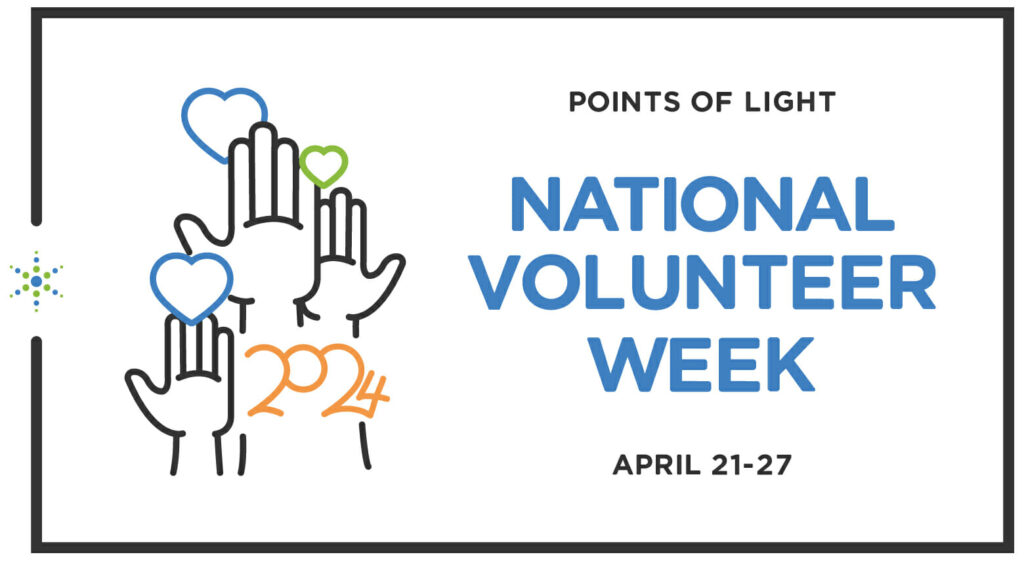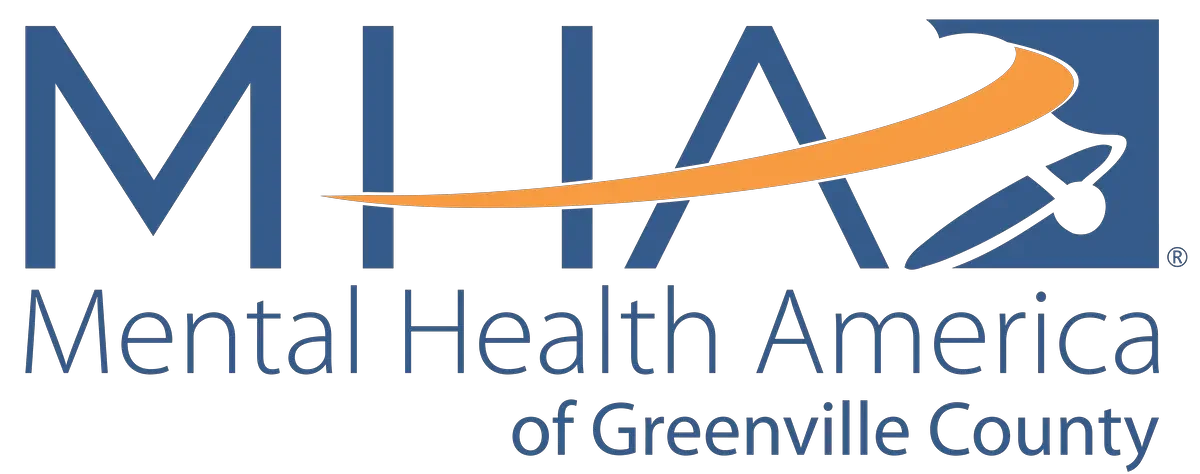Two special observation weeks this month remind us to take time to value the service of those who meet us in our most challenging moments, offering their time, training, and attention to see us through crises.

For 43 years, we have observed National Telecommunicators Week during the second full week of April, this year falling on the week of April 14-20. This is a week to honor those who dedicate their professional lives to answering emergency calls day in and day out, providing the critical link between the public and emergency services.
MHAGC has first-hand experience working with those who serve South Carolina’s public safety answering points (PSAPs). “The bond between 911 phone workers and 988 hotline workers runs deep,” says Jennifer Piver, MHAGC’s Executive Director. “Both of us operate round the clock and no one calls in to us when they’re having a good day.” Reflecting on the rollout of 988 almost two years ago, Piver adds, “We’ve appreciated their support and connection to life-saving resources for decades, and now, our collaboration feels more like friendship. Together, we’re a lifeline for those in need, providing support and compassion. It is a privilege to work with them.”
If you’ve ever wondered what it’s like to stand in the shoes of 911 dispatchers, check out the 911 Telecommunicator Tree of Life, a website that honors and celebrates the stories of 911 telecommunicators and the difference they make through their work. Visitors to the site can read unique stories of individual 911 dispatchers’ work and even add a “leaf,” or story, to the tree to recognize the efforts of a 911 dispatcher they know. At the time of this writing, 377 dispatchers have been honored by having their stories added to the tree, including 17 from South Carolina! Read up and consider how a 911 dispatcher has been important to you or someone you know.
And if you are a safety telecommunicator or know someone who is, you likely recognize the toll that emergency call work can take on anyone’s wellbeing. Please check out the Public Safety Professionals page on the National Alliance on Mental Illness website, which provides resources for recognizing and responding to the unique mental health needs of emergency workers.

April 21–27, 2024 is National Volunteer Week, established 50 years ago this month to honor the dedication, compassion and commitment of the volunteers who make a profound difference in their communities and beyond. Volunteers have been a vital part of MHAGC’s crisis intervention services for more than three decades.
Over the year between March 2023 and March 2024, trained volunteers answered more than a thousand calls on MHAGC’s 988 Suicide & Crisis Lifeline, providing 286 hours of talk time to those in need of a compassionate ear. Among the callers with whom the volunteers spoke, 243 were considering suicide at the time of the call. The training these volunteers go through to learn and hone the life-saving skills to respond to crisis calls involves 60 hours of classroom instruction and 20 or more hours of live call taking while shadowing or being shadowed by an experienced crisis call worker. Nicole Coleman, who recruits, trains, and supervises volunteers for MHAGC’s 988 Suicide & Crisis Lifeline provided these details, but she adds, “no statistic could truly define the impact our volunteers have on the lives they touch. I’m not sure you can quantify that kind of heart.”
Jennifer Piver, MHAGC’s Executive Director calls these volunteers “the silent guardians of hope for those in the darkest of places.” Piver reveres these volunteers for their “unwavering service, as it has woven a safety net of compassion, available every hour of every day showing that every life is valuable.” She adds, “They are the anonymous and unsung heroes, saving lives not with capes but with a listening ear, a compassionate heart and the simple powerful act of being there.”

